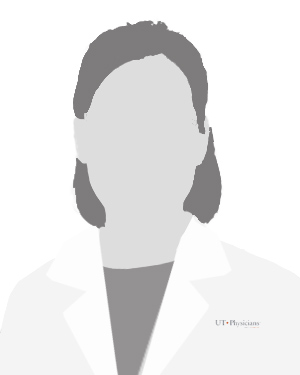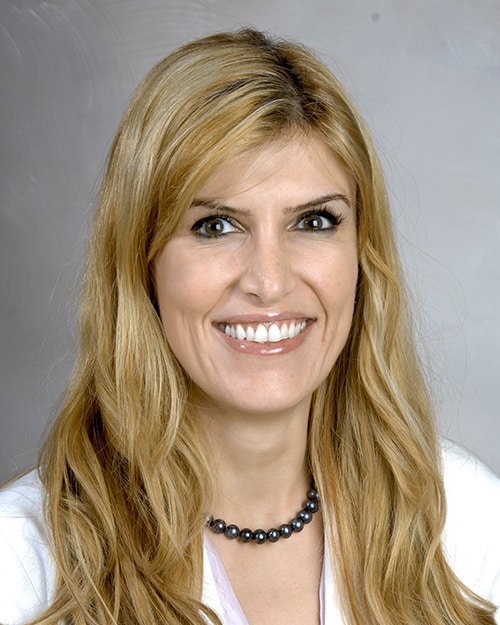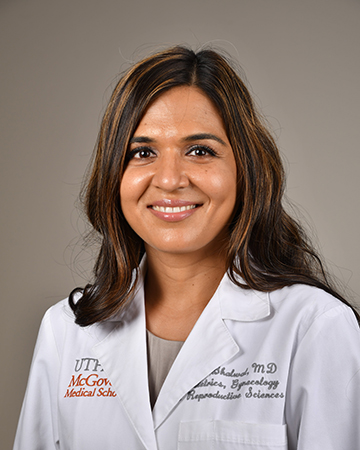Comprehensive Congenital Colorectal Program
Comprehensive Congenital Colorectal Program
The Comprehensive Congenital Colorectal Program (CCCP) provides specialized care for infants, children, and adults with congenital colorectal disorders, including anorectal malformations, Hirschsprung’s disease, and other issues related to bowel function. Our team of multidisciplinary experts provides tailored treatment plans to ensure our patients receive not only the best care possible but also greater independence and improved quality of life.
How we can help
Congenital colorectal disorders are conditions babies are born with that affect the anatomy or function of the colon, rectum, and pelvic floor. Some diagnoses are more complex and can require extensive surgeries and treatments. These conditions may require lifelong care, which presents a unique hurdle as children transition to adulthood. The CCCP addresses this challenge to provide a continuum of care for our patients. The team is comprised of both pediatric and adult colorectal surgeons, urologists, gynecologists, and neurosurgeons.
Congenital colorectal conditions we treat
- Anorectal malformation/imperforate anus: A congenital condition in which the patient either lacks or has an abnormally-positioned anal opening.
- Cloacal anomaly: A congenital condition of the female reproductive anatomy, where the rectum, vagina, and urinary tract are merged and exit as one opening.
- Cloacal exstrophy: A very rare congenital condition where children are born with their large intestine and bladder outside of the body. It is often associated with genital anomalies, imperforate anus, and spinal anomalies.
- Bladder exstrophy: A congenital condition that occurs when the bladder does not develop properly and is outside the body when the baby is born.
- Hirschsprung disease: A congenital condition of nerves of the intestine, causing a portion of the intestine to have poor motility.
- Spina bifida or myelomeningocele: A congenital condition of the spine that can affect colorectal and urologic function.
- Encopresis/incontinence: Stool leakage or soiling.
- Chronic constipation: Infrequent or difficult passage of stools caused by a structural or bowel dysmotility disorder.
Kidney, bladder, genital, and spine disorders often occur along with a congenital colorectal disorder. While patients undergo surgery to correct the disorder as infants, many continue to experience symptoms into adulthood. These symptoms can affect bowel movements, urinary control, sexual function, reproductive capabilities, kidney function, and other aspects of daily life. The CCCP is here to guide you through these complex medical conditions.
Meet the team
Pediatric Care
Adult Care
Pediatric Care
Pediatric Care
Pediatric General Surgery

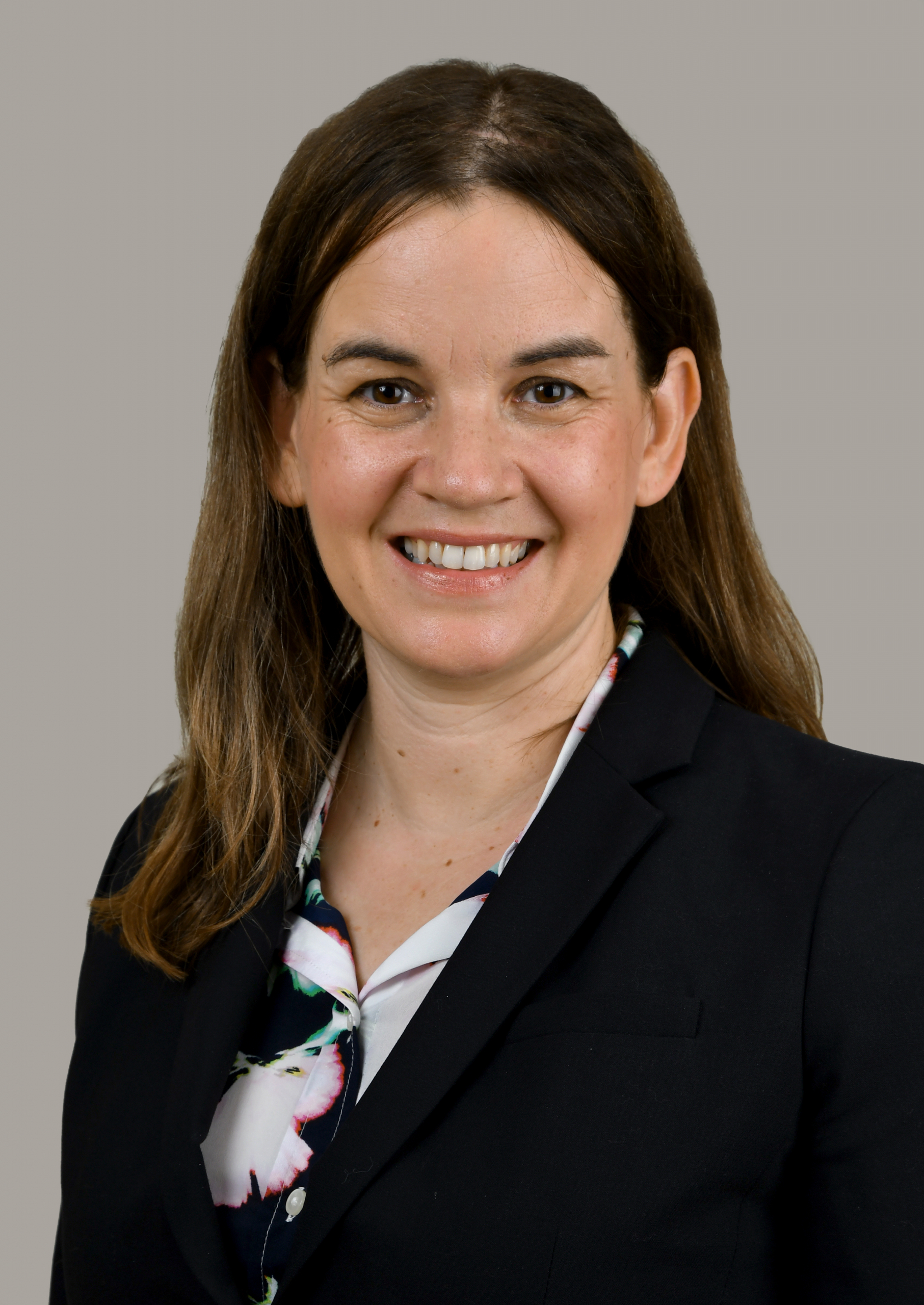
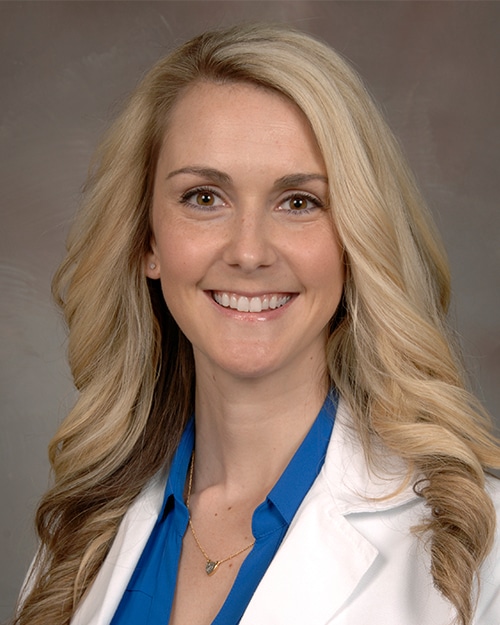
Pediatric Urology

Pediatric Gastroenterology
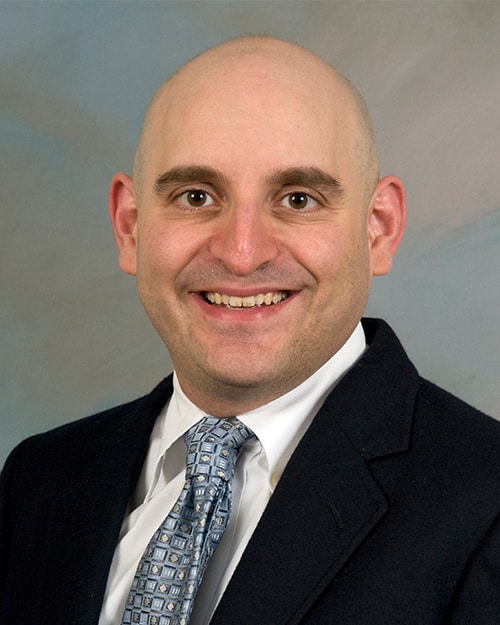
Pediatric Neurosurgery

Adult Care
Adult Care
Pediatric General Surgery



Adult Colorectal Surgery
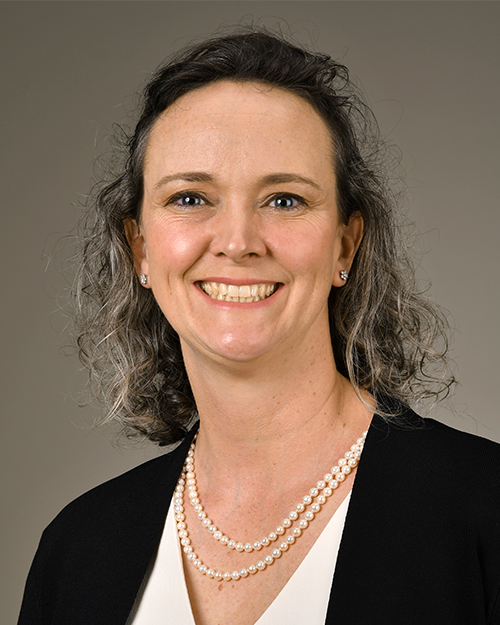

Adult Obstetrics and Gynecology
Adult Neurosurgery

John Caridi, MD
Neurosurgery
Locations
23920 Katy Fwy, Ste 510
Katy, 77494-0882
Katy, 77494-0882
CLINIC HOURS
Mon - Fri 8 a.m. - 5 p.m.
6410 Fannin St, Ste 950
Houston, TX 77030-5204
Houston, TX 77030-5204
CLINIC HOURS
Mon - Fri 8 a.m. - 5 p.m.
6400 Fannin St, Ste 2300
Houston, TX 77030-1527
Houston, TX 77030-1527
CLINIC HOURS

